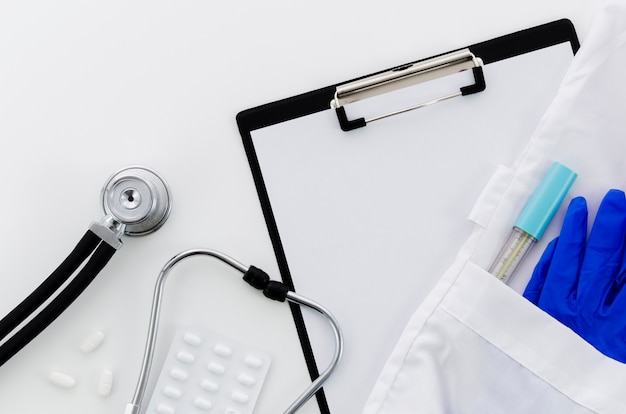
Back in 2014, Chinese hackers managed to break into Community Health Systems Inc., swiping 4.5 million patient records. By early 2015, Anthem customers faced a similar fate with 80 million accounts being compromised. A report by the Ponemon Institute revealed that a shocking 90% of healthcare institutions have experienced at least one data breach in recent years. This information is much more valuable than credit cards, making it a prime target for hackers. This article delves into the dangers of medical identity theft.
### Major Security Gaps in Medical Records
Many hospitals are lagging in their security systems, often choosing to invest more in new equipment or infrastructure rather than IT. While digital records do make patient care smoother across different providers, they also expose medical files to greater risks. Only 59% of healthcare IT professionals using devices such as laptops, tablets, and smartphones for accessing patient data use encryption. Back in 2009, only 20% of healthcare firms fell victim to cybercrimes, but this number had doubled by 2013.
### Long-Lasting Impact of Stolen Records
Medical identity theft is much more dangerous than other types of thefts. Unlike credit card numbers that can be quickly deactivated once fraud is detected, stolen medical records can remain unnoticed for years. Even when identified, fixing the issue is tough because medical records are permanent. Stolen medical records can fetch around $10 on the black market, making them much more valuable than credit card information. Ensuring the safety of your records, especially after leaving rehabilitation programs, is crucial. Stay in touch with your treatment center consultants for this.
### Multiple Uses for Stolen Medical Records
Criminals can misuse your medical records in various ways, from buying medical equipment or prescription drugs for resale to creating fake provider information for bogus insurance claims. The detailed personal information in medical records is more useful than credit card data for creating fraudulent identities.
### Serious Consequences
The fallout from medical record theft goes beyond just losing money. Someone could misuse your medical files, adding incorrect information to your records. This can lead to wrong diagnoses or treatment errors, which can be deadly, such as receiving the wrong blood type. You might also face trouble accessing necessary medications if your records falsely indicate prescription abuse by criminals.
### How to Protect Yourself
Talk to your healthcare provider to understand their data security measures. Check the tools they use to protect your data and how they manage patient privacy. If the protection isn’t satisfactory, consider switching to a different provider. Regularly request updates on your medical records to ensure accuracy. Compare your medical bills and insurance documents against the services you received. If you suspect medical identity theft, immediately inform your healthcare provider, insurance company, and the credit reporting agencies to correct your details.
Medical identity theft is a serious issue that can impact anyone. Urge your healthcare provider to put the best defenses against hackers in place while you stay proactive in monitoring your records.